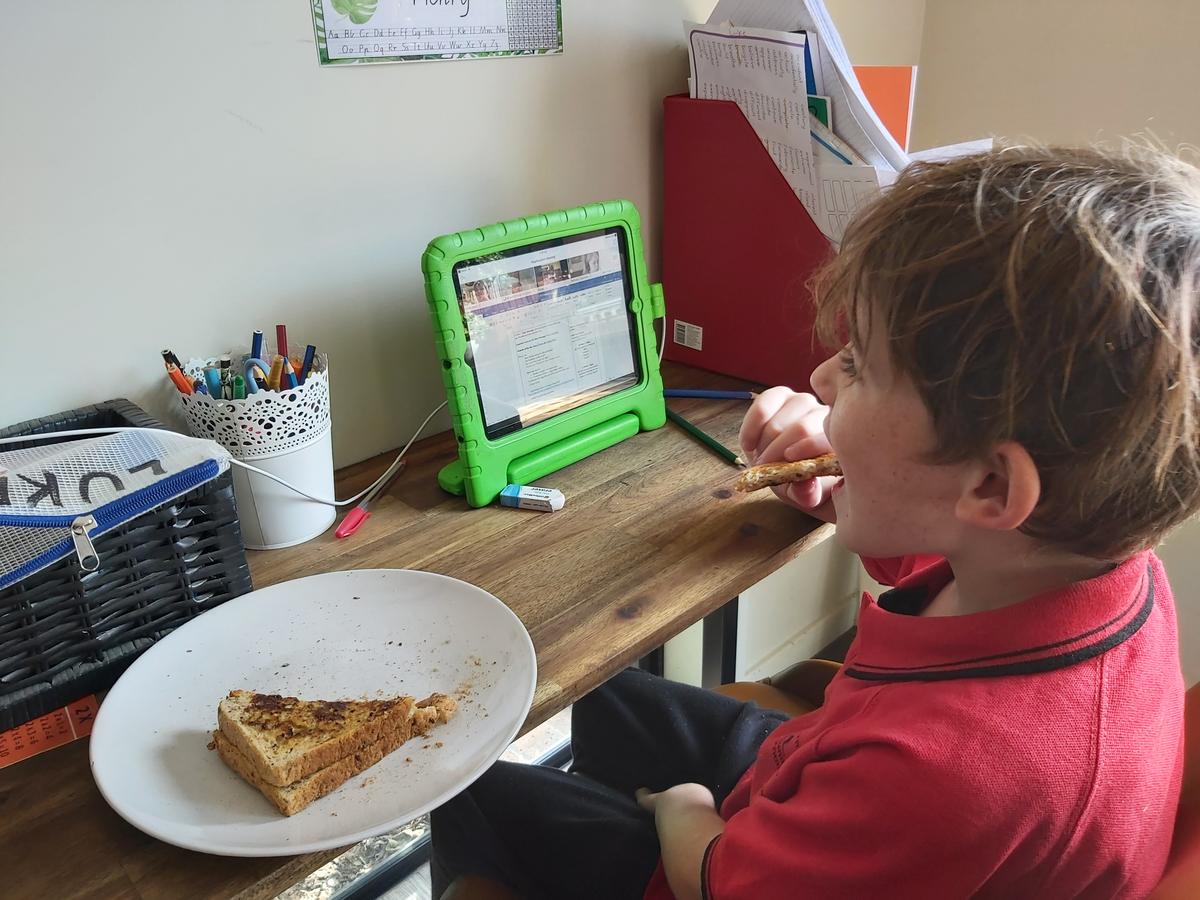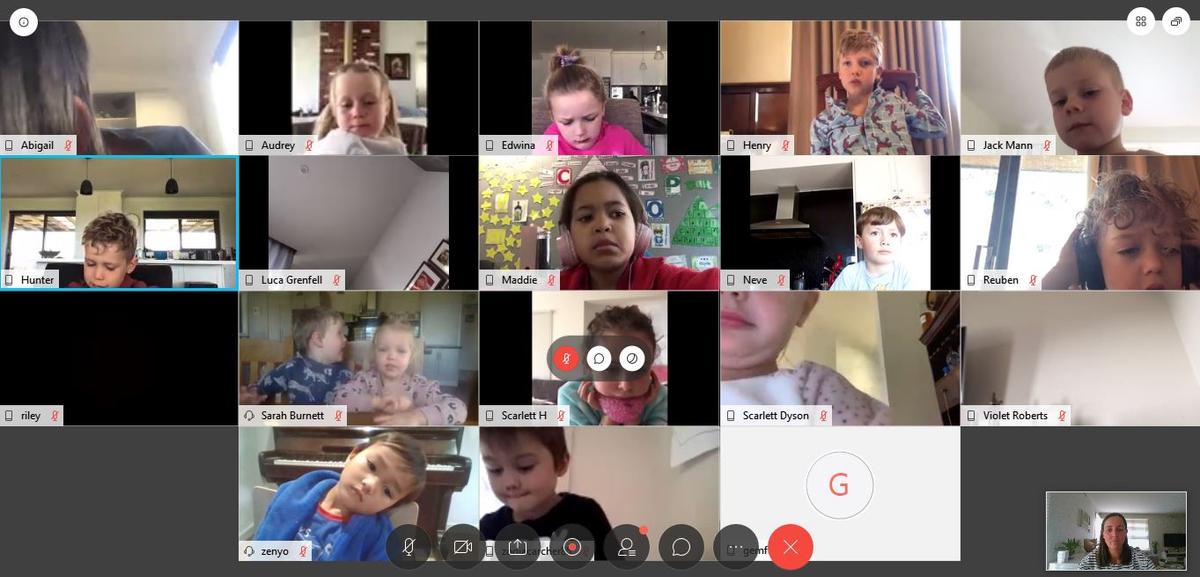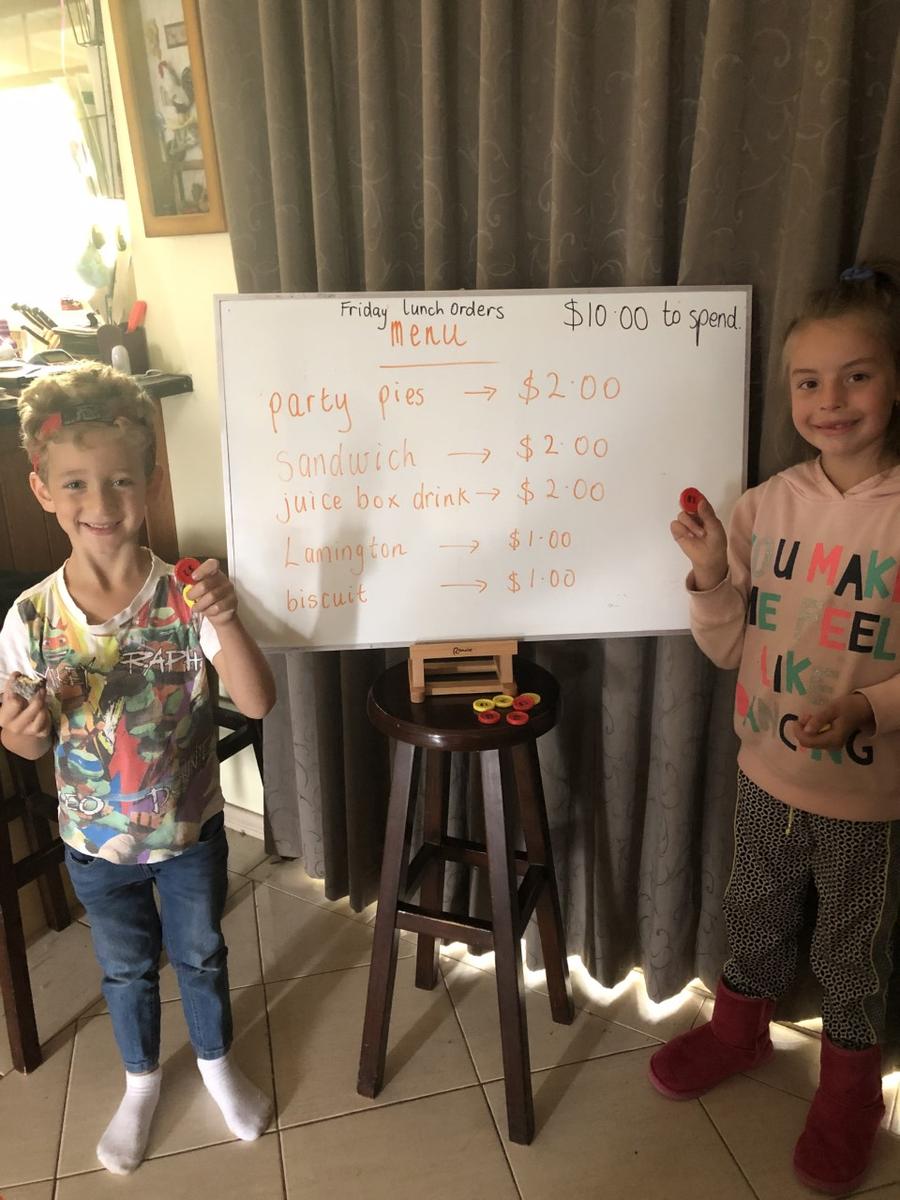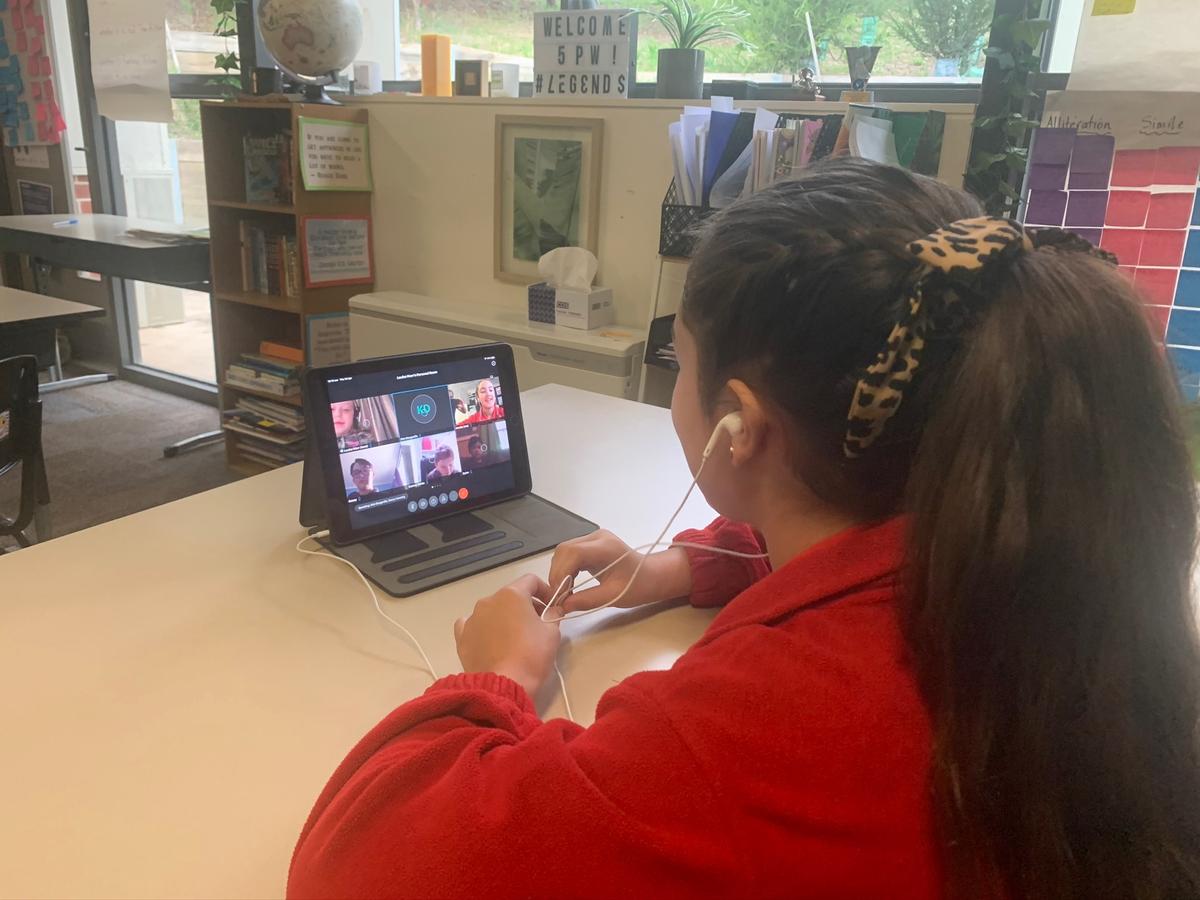Report from the Principal Team
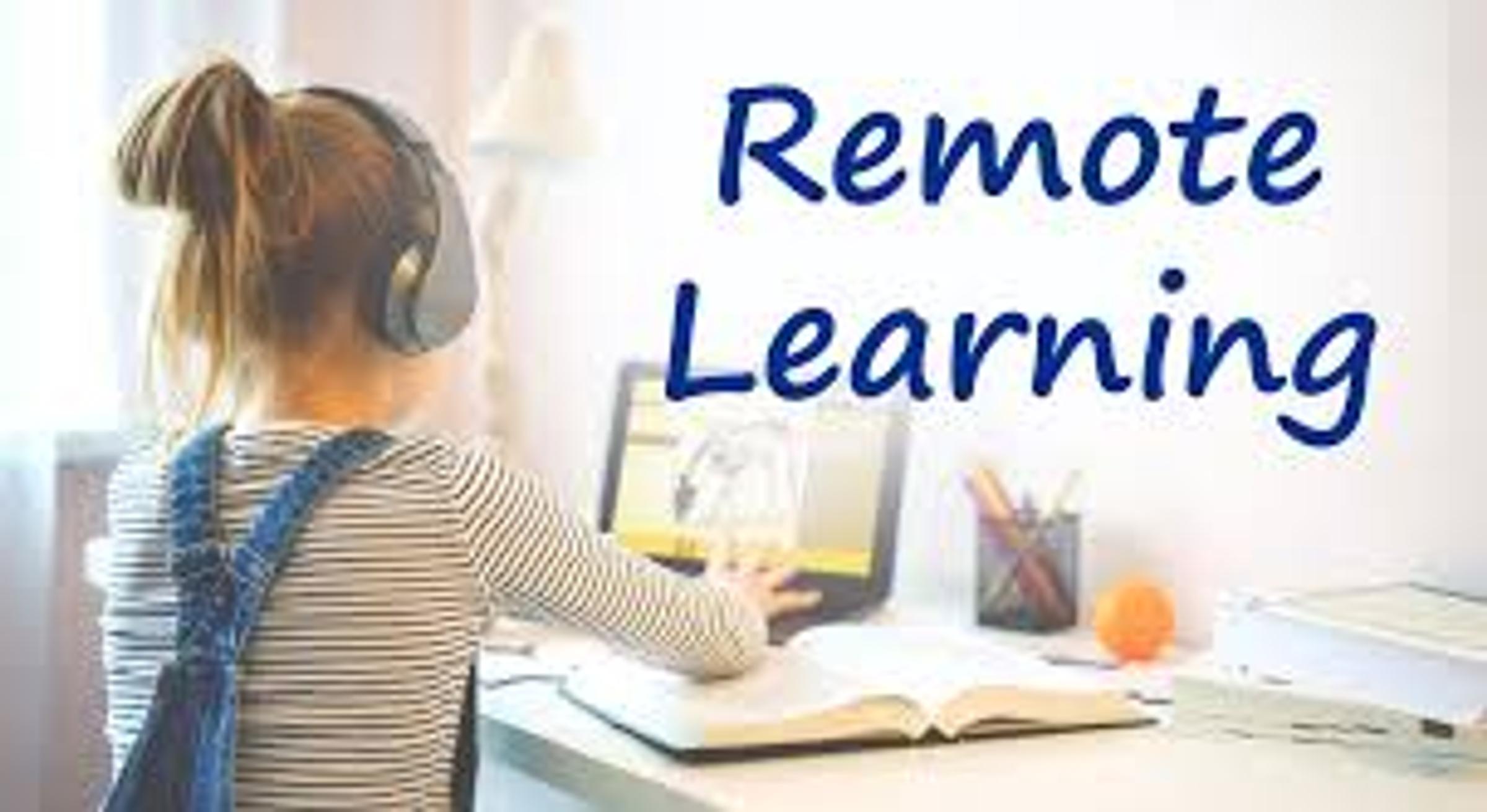
As a break from the usual newsletter format, this week we have condensed the 3 reports from the principal team into one. Largely we will focus on responding to the mid-remote learning surveys that were recently completed.
Before addressing the surveys, many of you will be wondering about the plan for transitioning back to school. It’s encouraging to see the COVID - 19 cases dropping across the state, including in regional centres. Premier Andrews has indicated that on Sunday the government will provide a plan for transitioning out of Stage 4 and 3 restrictions and we expect that will include a way forward for schools. Once those announcements have been made, we will get to work on planning how the transition will be managed at our school. We will keep you posted as arrangements are made.
RESPONDING TO THE SURVEY FEEDBACK
Over the last few weeks we have sought feedback from parents, students and staff to help gauge our progress during Remote Learning 2.0. Thanks to all those who were able to provide an insight into how learning is going from home and how families are generally coping during this challenging period.
Parent Survey Results
We received close to 300 completed surveys, so feel confident we have a good sense of how families are tracking. The feedback was extremely positive with over 80% of families feeling happy with the remote learning being offered by the school, suggesting that many elements of our remote learning program have been able to support students to continue their learning.
Breakdown of results: Parent Survey Statement: | Positive Responses (%) | Neutral Responses (%) | Negative Responses (%) |
| I am finding it easy to access Compass Lesson Plans during this period of remote learning. | 92 | 4 | 4 |
| The amount of work being set for my child is appropriate. | 80 | 10 | 10 |
| My child is engaging with the specialist program (Art, Music, PE and Japanese). | 61 | 20 | 19 |
| My child’s learning needs are being supported. | 81 | 13 | 6 |
| I understand the role I play in my child’s remote learning experience. | 92 | 7 | 1 |
| Overall, my child is coping with remote learning. | 77 | 14 | 9 |
| Overall, I am happy with the remote learning program being delivered by Buninyong Primary School. | 84 | 11 | 5 |
Student Survey Results
In total we had 519 students complete the survey, which provides us with a useful insight into their experience with remote learning. Thank you to parents of children in grades Prep and 1 for assisting your child to complete the survey. As with the parent survey, overall the results were positive, as you can see below.
Breakdown of results: Student Survey Statement: | Positive Responses (%) | Neutral Responses (%) | Negative Responses (%) |
| I am confident using Compass. | 86 | 10 | 4 |
| I am confident using Webex. | 93 | 6 | 1 |
| I find it easy to organise my day of learning. | 70 | 22 | 8 |
| I am completing all of my work. | 80 | 15 | 5 |
| I have options to complete extra work. | 72 | 18 | 10 |
| I am motivated to do my best. | 80 | 15 | 5 |
| I am feeling happy during remote learning. | 59 | 23 | 18 |
| I feel supported with my learning. | 87 | 10 | 3 |
Note: The comments provided by parents and students were very constructive and useful, so thanks to those who helped clarify their thinking by leaving a comment.
What Were The Key Trends From The Student and Parent Data?
- Overall the students and parents have found remote learning easier to manage this time round. Having said that, a number of children clearly indicated they would prefer to be learning from school and have struggled for motivation as time has gone on.
- Lots of appreciation for staff (from children and parents) for the support that is being offered while learning at home.
- Parents feel more confident with their role in remote learning. It appears the information sessions in week 1 of Remote Learning 2.0 were useful and appreciated.
- Locating and using the lesson plans in Compass has been much easier in Remote Learning 2.0.
- There has been a significant increase of students engaging with the specialist program.
- Students are enjoying more opportunities to connect with their peers, however it is clear they are missing their friends greatly (Unfortunately, we can’t do anything about this).
Where To From here?
The whole purpose of conducting mid-remote learning 2.0 surveys was to determine if adjustments needed to be considered for the remaining weeks of this term. Some clear trends did emerge in the responses, indicating some small changes could be implemented to provide greater support to students and parents.
It was very useful gathering responses specific to a particular year level and campus, as that helped identify where adjustments needed to be made in specific areas of the school. A letter from your child’s teacher will be sent out to parents outlining any small adjustments by this Wednesday.
Results indicated more than 60% of parents expressed interest in having a parent-teacher catch up at the end of term. As a result, we are working on the organisation for a catch up to take place in the last week of term. Look for details in next week’s newsletter. Please note, the purpose of these catch ups will not be to provide an assessment of your child’s academic performance, however these catch-ups will provide a great opportunity for parents and teachers to be on the same page and discuss plans and priorities for Term 4.
Points of Clarification
After analysis of the feedback, there were some areas of the program that did require some further clarification. Hopefully the points below will assist in this regard.
Student Workload - Feedback suggested some confusion around the amount of work students were expected to complete during the day.
The Department of Education (DET) guidelines suggest that students should be aiming to complete between 2 and 4 hours of work each day based on their developmental ability. This is roughly 50 -60% of what a student would normally do as part of a regular school day.
The DET guidelines are as follows:
For students in Prep to Year 2, schools will provide learning programs that include the following:
| For students in Years 3 to 6, schools will provide learning programs allocated as follows:
|
The lesson plans presented as part of the remote learning program fit within the DET guidelines, however, there are always going to be exceptions to these guidelines based on a broad range of variables including student ability, family context, availability of technology etc. In most situations, the classroom teacher will have adjusted the learning to meet the needs of students and although we would really love all students to participate in all activities as they are written, parents and caregivers are welcome to modify them to suit their context as well. Remote learning is really a team effort.
Student Wellbeing - Coping with Remote Learning - Evidence from the survey indicates that whilst there are many students who are coping well and are generally happy, there are also some that are not. As a school we have worked hard to try and balance the academic, social and wellbeing needs of the children during this period (inline with the expectations from DET).
Whilst learning over video has impacted the social connections of the students, teachers have planned explicit social opportunities (such as friendship-based show and tell/get-togethers) to enable more social interactions this time around. Hopefully your children have been enjoying these.
To support student wellbeing for this period, our staff have been very conscious of embedding strategies (mindfulness, exercise, gratitude, etc) into their week that provide students with the opportunities to build their wellbeing. Whilst teams do this differently (embedded weekly or daily activities or set wellbeing days), all teams have a strong focus on student wellbeing.
The addition of conference-free days this time around has also provided both students and staff with a break from screens and in essence, allows parents/carers to work more flexibly on these days to address the most important things for them as a family. Survey responses (including comments) suggest we have the balance about right in remote learning 2.0.
A Remote Learning Model with Conferences at the Centre - Feedback suggested mixed feelings about the amount of conferencing that students are involved in.
From the start of remote learning in Term 2, a strategic decision was made to implement a model that relied on maintaining relationships and a high level of connection with students through a video conferencing platform. There were a number of reasons for this including:
- By conferencing regularly, teachers and students would be able to interact regularly, providing time to ask questions and receive verbal feedback.
- Conferences would provide opportunities for students to be involved in explicit teaching sessions at least twice a week; an essential element in learning.
- Conferences and morning check-ins would allow for lesson plans to be explained.
- Conferencing has also allowed teachers to keep a sense of how their students are travelling and follow up any issues.
Although we know this has put some strain on families, particularly with younger children, to maintain the routine of check-ins and conferences, we do know that when students returned from the first period of remote learning they were connected to their teachers and peers and had made steady progress with their learning, given the situation.
The Provision of Written Feedback - A concerted focus on conferences has meant we are not asking for a lot of submissions and are not providing as much written feedback as some parents would like. It’s a matter of getting the balance right for students and staff and the current mix seems to work for most.
The Role of Parents and Carers in Remote Learning - Feedback suggested that there is a high reliance on parents to support the learning of students in the younger years.
Yes, this is the case and we apologise for it, however, they are 5 and 6 year olds and any type of learning at this age requires a high level of support from those around them.
We are very grateful that our parent community has been extremely understanding of this and provided amazing support, even if under duress at times. Please remember that your child/children are far better off being involved in explicit teaching sessions with their teacher than relying on worksheets, which end up being just busy, disconnected activities.
Concluding Comments
Remote learning is certainly not our preferred model of education, and whilst challenging, the school community has done an excellent job in coming together to make the best of this situation. A big thank you to everyone for completing surveys and helping us read the situation in the current environment where we can feel disconnected at times. Your feedback will help us make the best possible use of what remains of remote learning 2.0 and any future remote learning periods we encounter in the future.
Once again, well done to our students who have shown great resilience and adaptability in recent weeks. Thanks to parents, as you are doing a brilliant job supporting your children whilst trying to do a million other things at home. And thanks to our staff who have been learning on the job to support their students and families from a distance. The move to remote learning required a rapid change to alternate modes of teaching and learning and all staff have done an amazing job adapting and doing their absolute best to support the kids.
We hope that the first day of spring is helping to raise your spirits and is helping you to see light at the end of the tunnel. All the best for the coming week of remote learning and we hope all of you dads are thoroughly spoiled on Sunday.

